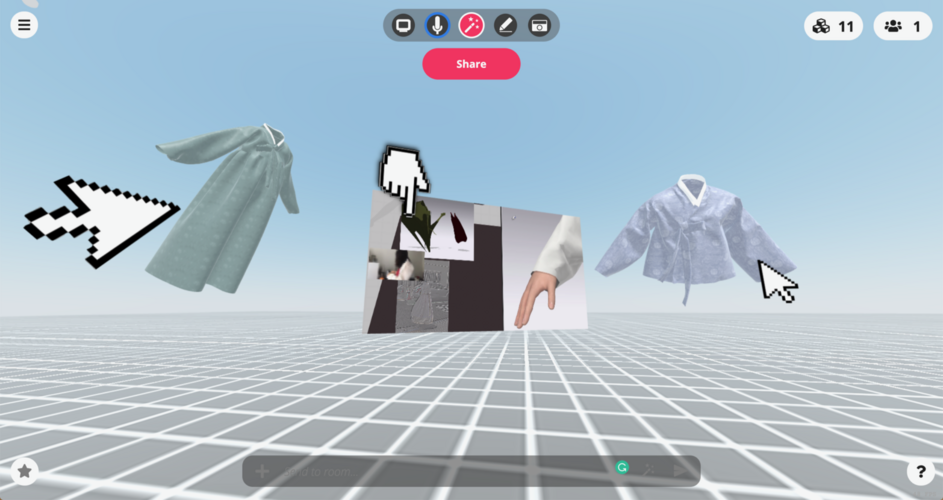SEMINAR - Situated Digital Agencies
SEMINAR - Situated Digital Agencies
As a transdisciplinary and collaborative format between the Department of Digital and Experimental Design and the Cluster of Excellence »Matters of Activity – Image Space Material«, this seminar bridges institutions just as much as matters of research and teaching. It follows how digital technologies are and become situated between fine arts, humanities, and sciences, and suggests how precisely in these moments, such technologies are altered, appropriated and possibly augmented. Through a series of lectures on current research into the field of computational art production, we will see how such exposures reconfigure realities of computational design and manufacturing from without, and from origins of materiality, detailing, logistics, only to name a few. Another focus will be laid on questions of distributed and diversified agencies, as they have been come into spotlight between ANT and theories of posthumanism, and turn productive in artistic strategies of participation, activation and performance.
"Situated knowledges require that the object of knowledge be pictured as an actor and agent, not as a screen or a ground or a resource, never finally as slave to the master that closes off the dialectic in his unique agency and his authorship of 'objective' knowledge. The point is paradigmatically clear in critical approaches to the social and human sciences, where the agency of people studied itself transforms the entire project of producing social theory. (...) But the same point must apply to the other knowledge projects called sciences."
Donna Haraway, "Situated Knowledges: The Science Question in Feminism and the Privilege of Partial Perspective", in: Feminist Studies (3)14 (1988), 592-593
In order to tackle how such situated agencies approach commonly peripheral perspectives and forms of knowledge production, we welcome guests from »Matters of Activity«, a transdisciplinary research network which has set its aim to rediscover the analogue in the age of the digital in the activity of images, spaces and materials – asking with anthropologist and fashion designer Yoonha Kim how merging traditions of Korean »Hanbok«, its garment production workflows and digital technology can possibly challenge market leading monoculture through techno-diversity? Or with the product designer Felix Rasehorn, how exposing computational workflows to functional biology, evolutionary morphology and neurosurgery may inform and guide the surgeon during his or her work, and how novel augmentative features may foster human and non-human team-work through intuition and collaboration?
Together with these and other guests, we will try to break front-of-class teaching logics with shorter workshop formats. Students will be asked to actively contribute to the discourse, and in turn, facilitate discussions on one chosen text read throughout the meetings, from, among others, Bruno Latour, Donna Haraway and Andrew Witt. According to individual credit requirements, the students will also be encouraged to deliver a practical submission related to the course, possibly also within the workshop offered by Christian Schmitds at DEE.
LECTURER
Frank Bauer, M.A., M.A.
TUTOR
Maurice Wald
DATE
Inscription: mail at f.bauer@udk-berlin.de
First meeting: Friday, April 16th, 15:00
Weekly webex meetings, Fridays, 15-17h
https://udk-berlin.webex.com/meet/f.bauer
LANGUAGE
English
MODULE
Modul 14 Wahlbereich, B.A. Architektur, 2 SWS, 3 LP
Modul 05 Wahlbereich, M.A. Architektur, 2 SWS, 5 LP (w/ supplementary submission)
In case other credit requirements apply (especially from international students), we will discuss them at our first meeting
LITERATURE
Announced at first meeting





